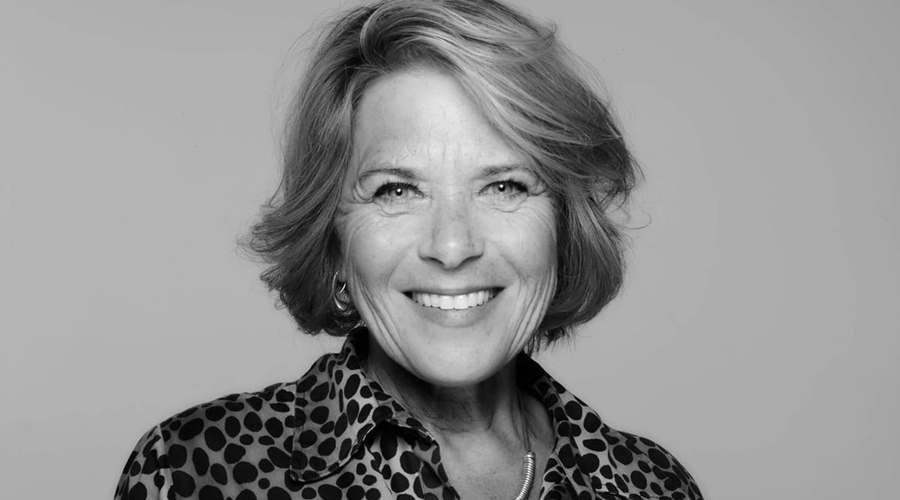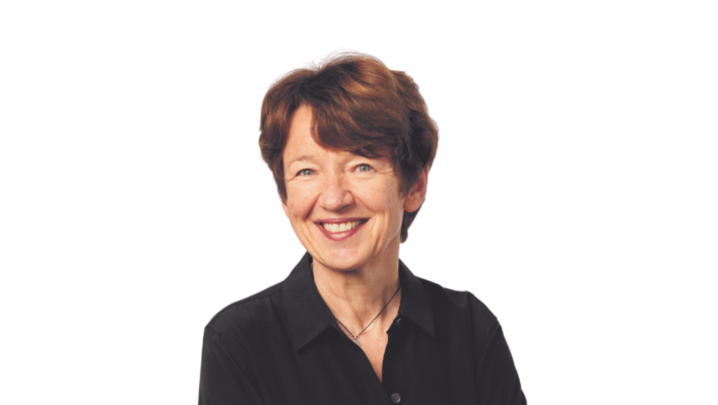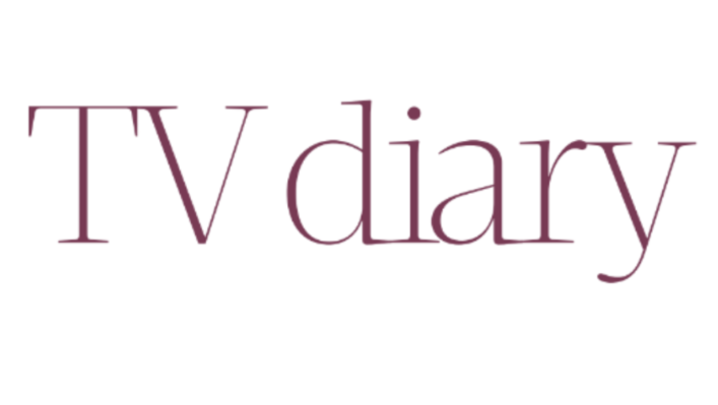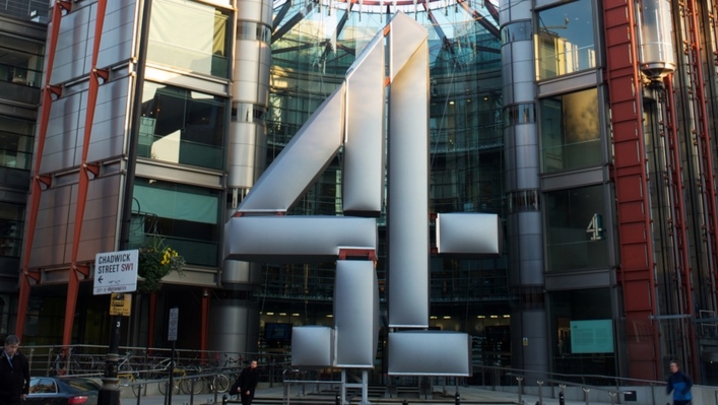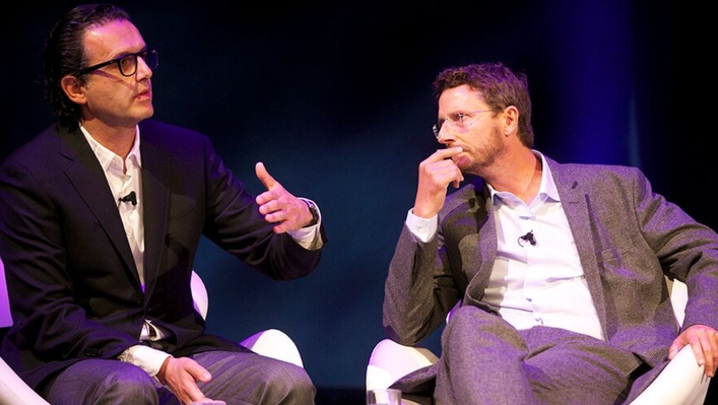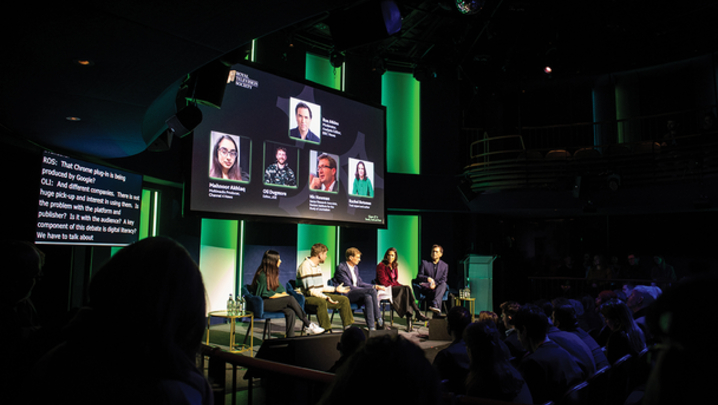Lorraine Heggessey enjoys being out and about again – but a missed train reminds her that Zoom has its compensations
I still experience that “back to school” feeling in September, even though my daughters have long since finished their education. This year, it’s magnified as life starts returning to some kind of normal after months of Covid constraints.
I’ll be going to my first industry event for nearly two years, the RTS Convention in Cambridge. I’ve missed the buzz and energy of being in the same room with people, so I am feeling quite exhilarated.
My social life is ramping up, too. At the first party I go to, everyone ends up crowded around the TV to watch Emma Raducanu win the US Open.
Thanks to Channel 4, the match was available free to air, yet – once again, the threat of privatisation is hanging over the organisation. Along with many others, I’m concerned about the repercussions this may have.
At The Grierson Trust, we’re putting in a submission to the DCMS consultation focusing on the positive impact Channel 4 has on the documentary genre, not just through innovation and the range of docs it commissions, but also via its commitment to new talent and backing for smaller, out-of-London indies and diversity.
The deadline of 14 September is at our busiest time as we’re in the middle of judging for this year’s Grierson Awards. We’ve got two special awards to decide on – the coveted Trustees’ Award and our new Hero of the Year, which celebrates someone who works tirelessly behind the scenes but rarely gets recognition.
There are a few strong contenders and passions run high but, eventually, we agree on two standout winners. Next day, I’m off to Cambridge.
Infuriatingly, the Addison Lee I’d pre-booked fails to turn up and I dash to the Tube instead – the very thing I’d been trying to avoid as I don’t fancy being rammed in a train with maskless, rush-hour passengers.
I miss my train at King’s Cross by one minute, but bump into Warner Bros chief Polly Cochrane, who’d had the same experience. I’d forgotten what this kind of stress is like. Zoom definitely has some advantages.
Channel 4 dominates the chatter at Cambridge, not least because, first, Oliver Dowden and, then, John Whittingdale are reshuffled. What does it mean now that the drivers of this proposal have gone?
Can we read anything into the fact that Nadine Dorries’s most public involvement with broadcasting to date has been an appearance on I’m a Celebrity…?
On day two, I chair a discussion on the impact SVoDs are having on the sector. Representatives from Netflix and leading producers All3Media, Voltage and BBC Studios are on stage.
Everyone welcomes the opportunities the streamers have brought to the UK, even though indies are having to adapt their business model as they tend to lose all rights. Most are still heavily reliant on commissions from the PSBs, but a shift is starting to occur.
Back to London and various meetings with companies in Channel 4’s Growth Fund. We’ve got a portfolio of 15 indies now; eight are out of London, five have ethnically diverse leadership, and six have female founders. It’s another way Channel 4 puts its profits back into the sector. I love working with such a range of talented creative people and using my experience to help them flourish.
The following week, I’m on a Media Society panel discussing Channel 4 again. Sky’s former COO Andrew Griffith MP was going to put the case for privatisation, but he’s just been appointed as the Prime Minister’s PPS so can’t take part, and David Elstein takes his place.
I’m somewhat cheered up by the fact that David is very pessimistic about the chances of the privatisation going ahead after the changes at DCMS. We can but hope…
Lorraine Heggessey is Chair of The Grierson Trust and an external advisor to the Channel 4 Growth Fund.

